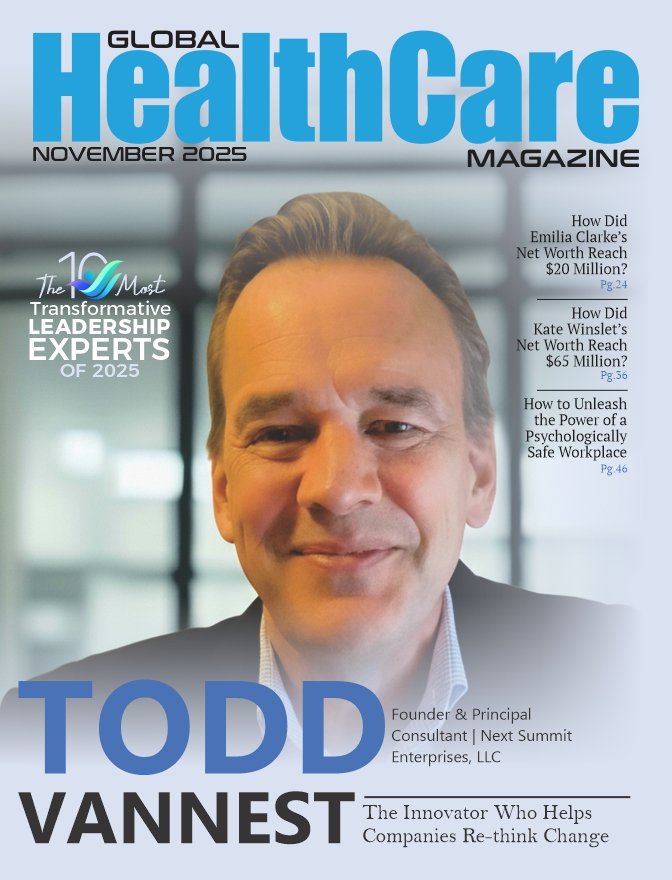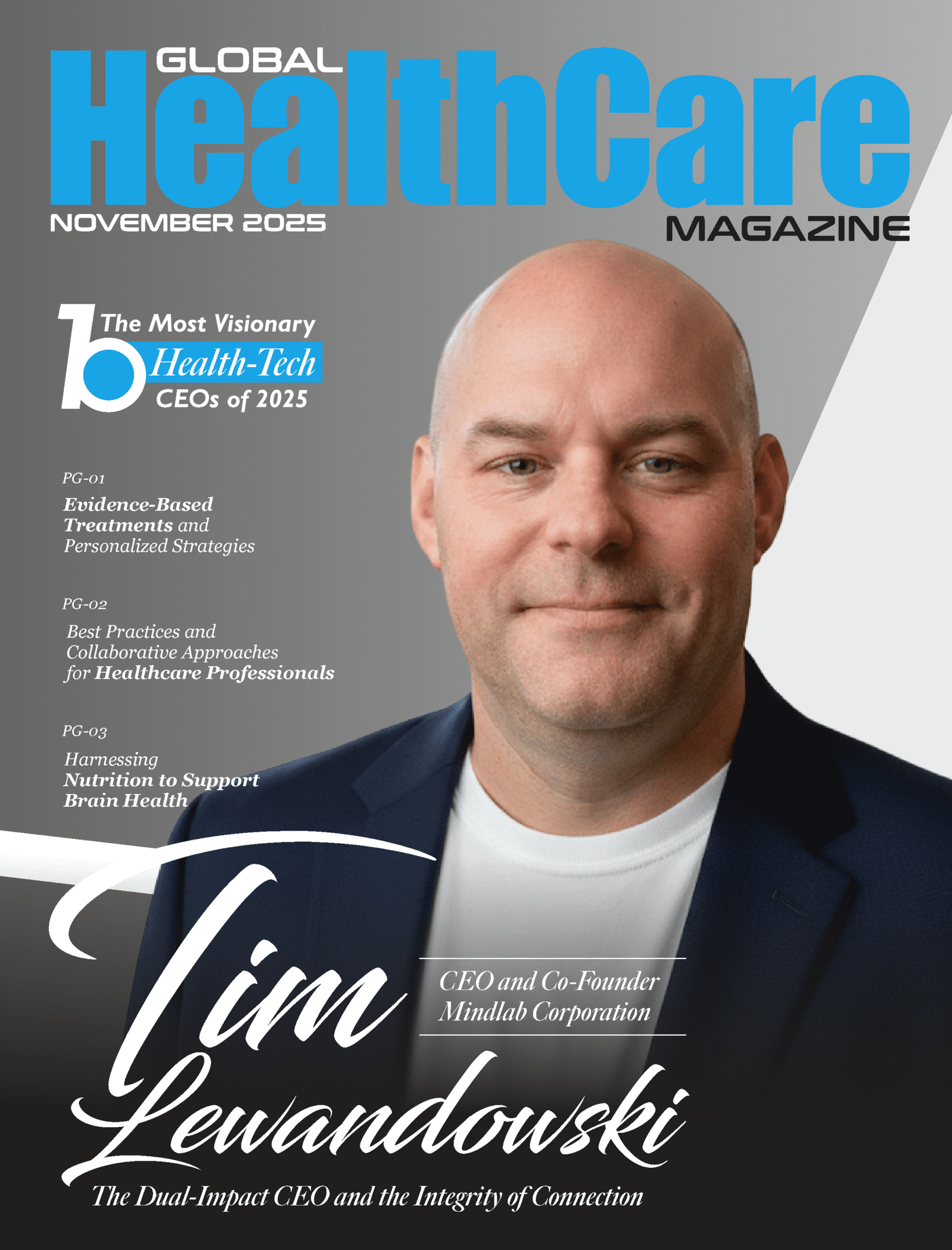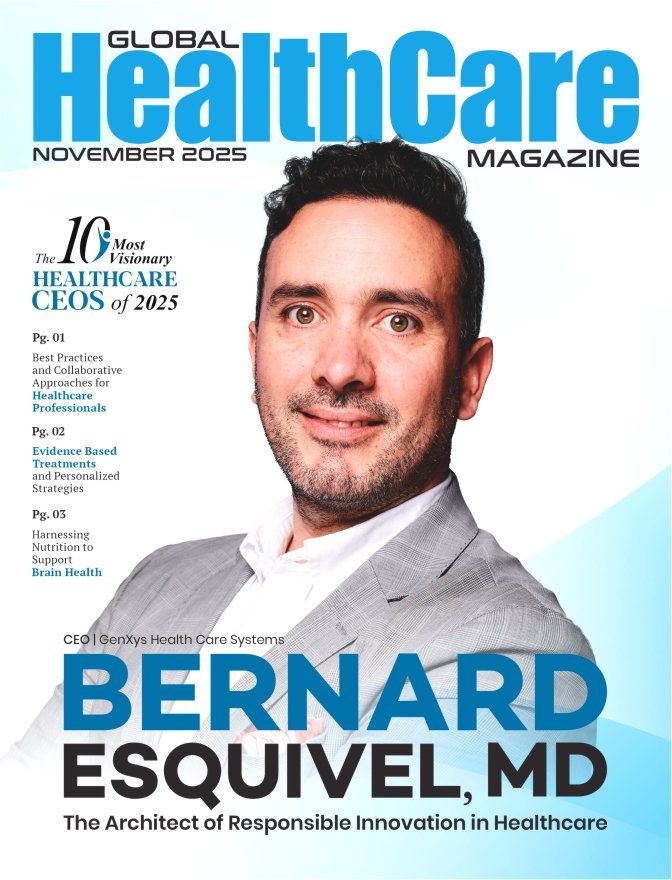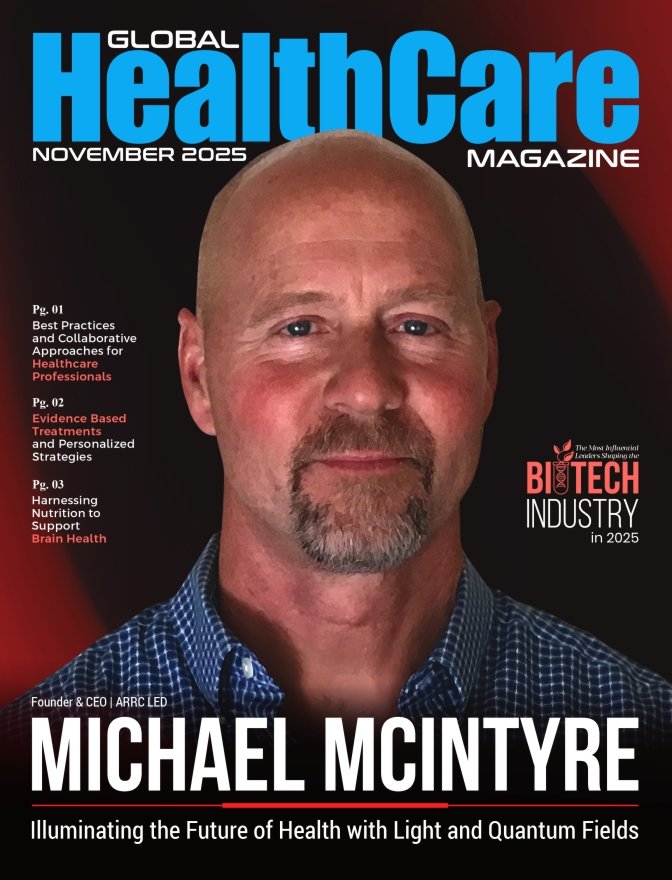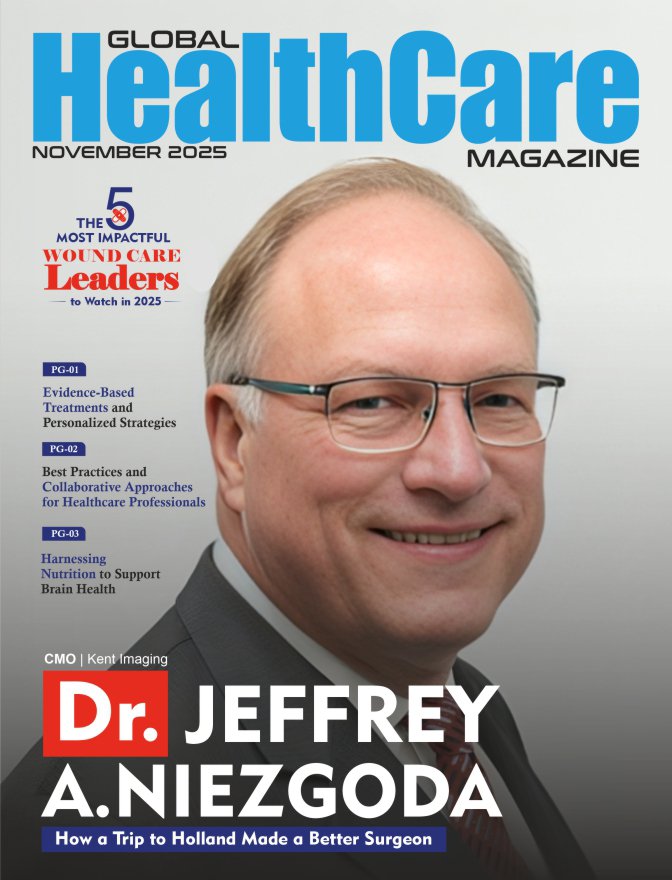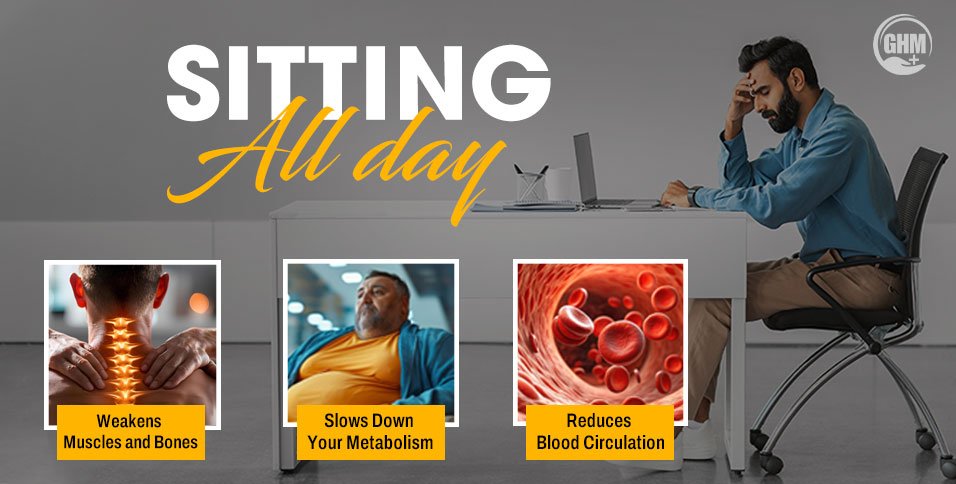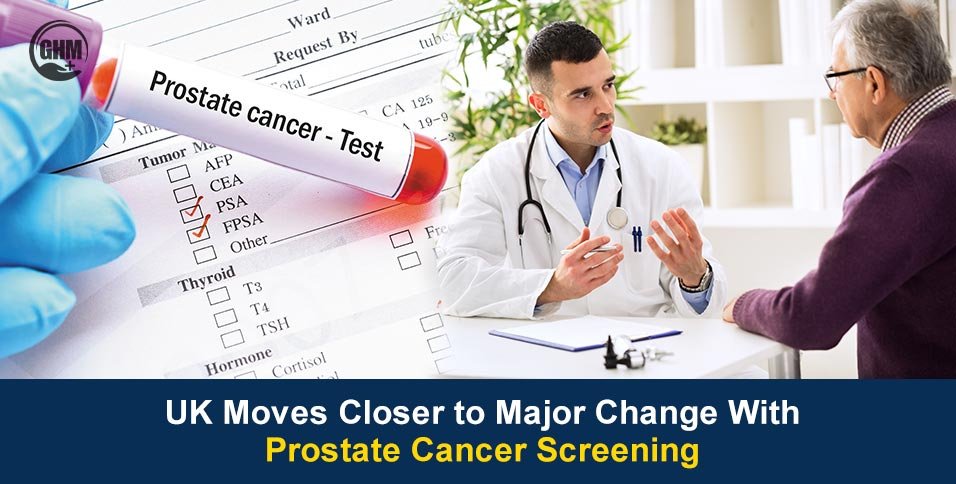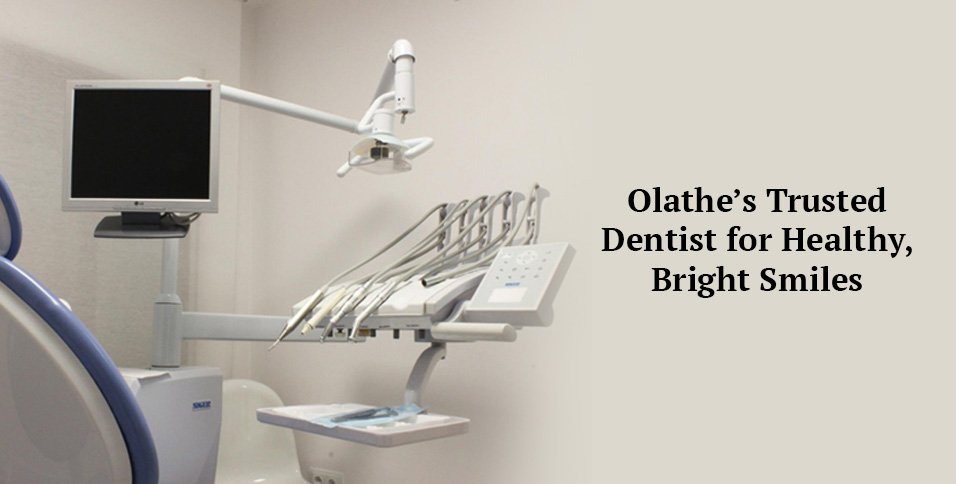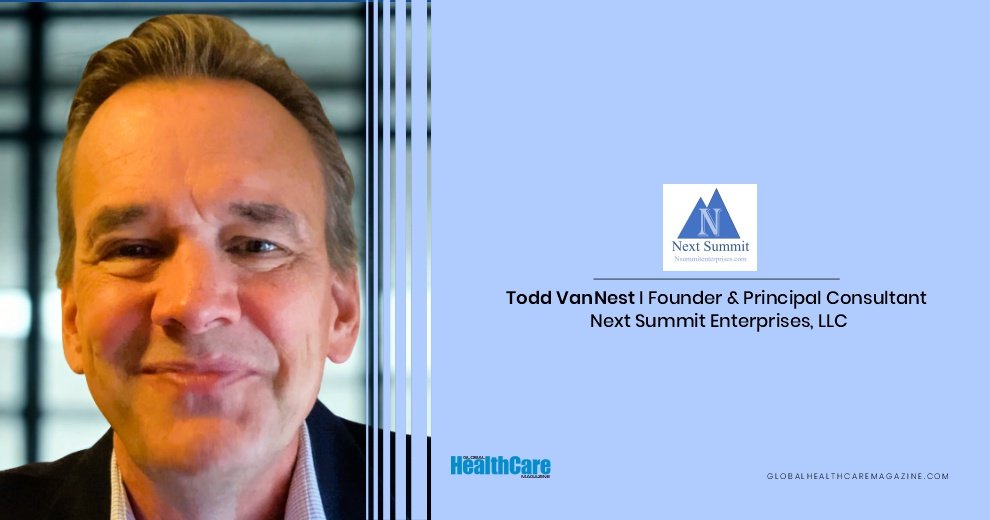Healthcare risk management is a discipline rooted in data, regulation, and financial models, essential for quantifying uncertainty, minimizing losses, and ensuring stability within systems responsible for human well-being. However, speaking with Fatima Guillen, the CEO of MCI Group, reveals that for some leaders, the most effective strategies in this complex field begin not with spreadsheets, but with a fundamental understanding of people.
Her approach, developed over three decades in international medical assistance, indicates that mastering risk in healthcare requires a unique combination of sharp analytical skills and deep empathy. In a world increasingly reliant on algorithms, Fatima argues for the indispensable value of the human element.
This story explores how Fatima Guillen’s distinctive path and guiding philosophy have positioned her as a key influencer in reshaping the global approach to healthcare risk management.
The Unconventional Training Ground: Building a Human-Centric View
Fatima’s professional trajectory did not follow the conventional pipeline to a CEO position in international finance or healthcare administration. Her educational journey began in a field focused entirely on human development: Education, followed by Master’s degrees in Psychopedagogy and Pedagogy. This was not a detour; it was, in her description, “a deliberate pursuit of knowledge,” driven by “a restless curiosity.” This foundational work in understanding how people learn, think, and interact appears, in retrospect, as an almost ideal, if unexpected, preparation for navigating the human complexities inherent in medical assistance and claims management.
She consciously broadened this base, adding layers of understanding crucial for global business. A Master’s in International Relations provided the geopolitical context, while further specialization in finance added the necessary command of economic systems. This multidisciplinary background resulted in a profile that, as she puts it, “bridges the human, the strategic, and the global.” It equipped her not just with technical skills, but with a rare capacity to view intricate international healthcare challenges through multiple, interconnected lenses.
Decades Forging Expertise in a Global Arena
Stepping into the international medical assistance sector, Fatima spent over 30 years immersed in its realities. These were decades spent not in detached oversight, but actively “leading teams, building projects, and making decisions that expanded our reach and deepened our impact.” This extensive, hands-on experience across diverse international contexts provided her with an intimate, nuanced understanding of the industry’s evolution, its inefficiencies, and its inherent risks – knowledge that cannot be gained from textbooks alone. Each phase of this journey, she reflected, “shaped the leader I am today,” preparing her for the responsibility of guiding MCI Group, which now encompasses Medical Claims International, MCI Assist, MCI Finance, and the strategically significant MCI Latam.
As CEO, her role involves defining the trajectory for the entire group, ensuring “sustainable growth” and strengthening MCI Group’s position as a global leader in medical assistance and cost containment. But she emphasizes the human dimension of her leadership: “I don’t just define the strategy—I live it.” This means actively guiding, supporting, and empowering the people who translate that strategy into action. It requires “making bold decisions,” yes, but also “staying close to the teams who execute them with heart.”
Empathy as a Strategic Asset: The MCI Group Approach
At its core, MCI Group provides integrated solutions in international medical claims management, healthcare assistance, cost containment, and financial services tailored to the healthcare sector. These are critical functions requiring precision and efficiency. Yet, Fatima believes their distinctiveness lies in their operational philosophy. “What truly differentiates us isn’t just what we do—it’s how we do it,” she explained.
This “how” is defined by a profound commitment to recognizing the individual within the process. “At MCI, every claim is a story. Every case, a person,” she stated. This perspective mandates that they “lead with empathy—always.”
This human-centered philosophy is not a mere add-on; it is a strategic element that builds trust. Their cultural alignment across diverse regions, transparent processes, and operational efficiency are all built on this foundation of trust, which “resonates with clients across the globe.” In risk management, where clear communication and trust are paramount to accurate claims processing and fraud prevention, leading with empathy becomes a powerful tool.
Innovation in Action: Digital, Proximity, and Pillars of Efficiency
Innovation at MCI Group focuses on leveraging technology and strategic presence to improve healthcare assistance and risk management globally. A key priority is digital transformation, but executed with a clear human focus. They are “building systems that are digital by design, but human at heart,” investing in technology without losing essential human connection. They also invest heavily in continuous learning, recognizing that “knowledge is our best compass” in a fast-changing industry.
A recent, pivotal strategic move demonstrating this blend of vision and practicality was the inauguration of MCI Latam in Puerto Plata, Dominican Republic, on May 1st. For Fatima, this was “one of the most emotional milestones in my career,” witnessing a “spark” and the sense of “igniting a new era.” This center was designed to serve the entire American continent, successfully replicating MCI Group’s established 30+ year model from Spain.
The strategic rationale was clear: gaining “cultural, linguistic, and operational proximity” to clients in the Americas. For Fatima, this proximity has a deeper significance. “Proximity saves lives,” she asserted, underscoring her belief in the importance of bringing solutions “where they matter most: on the ground, by your side.” This expansion is a direct application of her philosophy that being closer to the human need improves service and risk management.
MCI Group employs a robust strategy to ensure transparent, accurate, and efficient claims processing while actively reducing costs, built on three key pillars:
First, Technology-driven medical control. This involves deploying automated systems for auditing and reviewing medical bills, using technology to ensure precision and detect potential errors or overbilling.
Second, an Optimized provider network. This means cultivating long-term partnerships with medical providers through “active listening, mutual respect, and long-term commitment.” These relationships, built on “fair agreements,” ensure quality care is delivered efficiently without unnecessary excess. They treat every provider “as a partner,” fostering dialogue and collaboration rather than simply relying on oversight, because “Consistency in quality comes from connection, not control.” This partnership model is vital for navigating the complexities of international provider networks and managing risk effectively.
Third, Ongoing training for their teams. This ensures staff are equipped to make decisions that are not just fast and informed, but also “compassionate.” Fatima emphasized that in healthcare, “time and trust are as critical as cost,” highlighting how a well-trained, empathetic team can balance these crucial elements for better outcomes and reduced risk.
Earning Influence and Charting the Future
Leading a global company in a technical industry, particularly as a woman, presented challenges where her “voice wasn’t automatically heard.” Fatima navigated these by combining her diverse background with strategic action: “education, performance, and emotional intelligence” were key to earning respect and, critically, influence.
She approaches opportunities with a mindset of “making hay while the sun shines”—being ready to act with passion and speed when opportunity appears” when they appear – a proactive stance that “has unlocked doors that once seemed sealed.”
Asked about innovation with unlimited resources, she identified three transformative areas for improving global healthcare risk management:
- Investing in Medical AI to detect overbilling, errors, and provide real-time insights for care optimization – a direct technological enhancement to claims risk management.
- Scaling Global health education to empower patients with accessible, actionable knowledge – addressing risk through prevention and informed decision-making.
- Building Collaborative global networks to connect insurers, hospitals, and platforms for ethical data, best practices, and resource sharing – creating a systemic approach to managing risk through shared intelligence.
MCI Group is actively working towards this future. They aim to position MCI Latam as a flagship in the Americas, a symbol of their agility, proximity, and trustworthiness. They are “forging partnerships with AI innovators and medical audit tech firms,” investing in the technological advancements she believes are crucial. Future growth includes expanding their network of insurers in the Americas and Mediterranean and entering new regions, always holding firm to the principle of never compromising “on the human essence of our service.”
Finding Center in a Demanding World
Leading at this level requires deliberate effort to maintain balance. Fatima finds clarity in pause, seeing downtime not as stepping away, but as stepping back in “with greater purpose.” She recharges through reading, classical music, traveling, and spending quality time with her family – activities that provide essential reset and new perspectives. Engaging in cultural and social initiatives keeps her grounded and connected, reinforcing her conviction that “true leadership is rooted in awareness and empathy.”
Her leadership philosophy is encapsulated in Mahatma Gandhi’s words: “The future depends on what you do today.” She views leadership as “an act of service, vision, and courage.” Witnessing the MCI Latam inauguration, she saw a “long-held dream come to life” through the team’s dedication, a potent reminder that “vision without action is just a wish.” For Fatima Guillen, effective leadership in healthcare risk management means visionary action, listening with intention, acting with conviction, and building legacies centered on human well-being.
Quotes

Also Read: Innovative in Healthcare Risk Management: Top Most Influential Leaders in Healthcare, 2025


